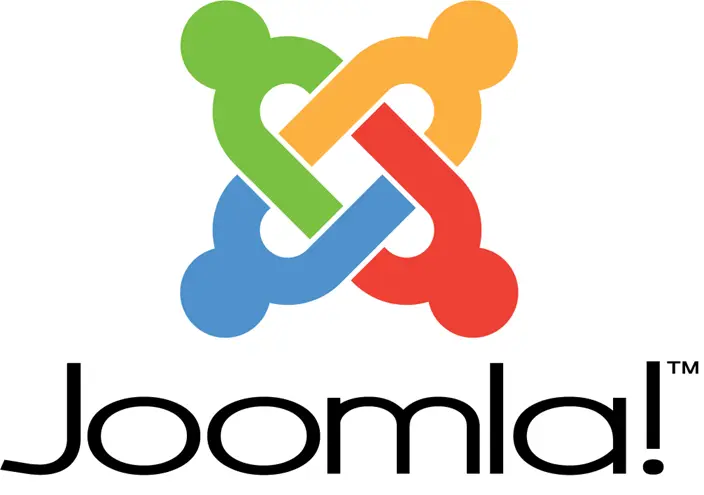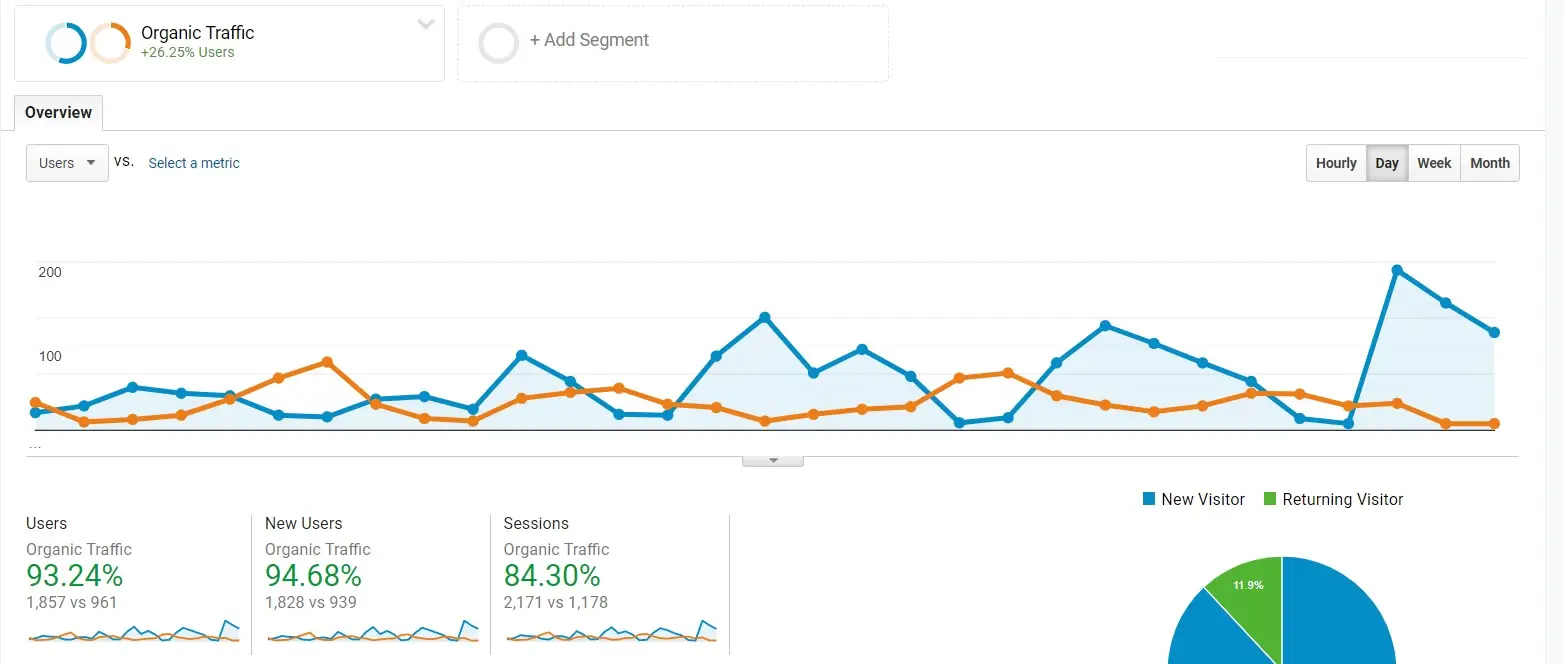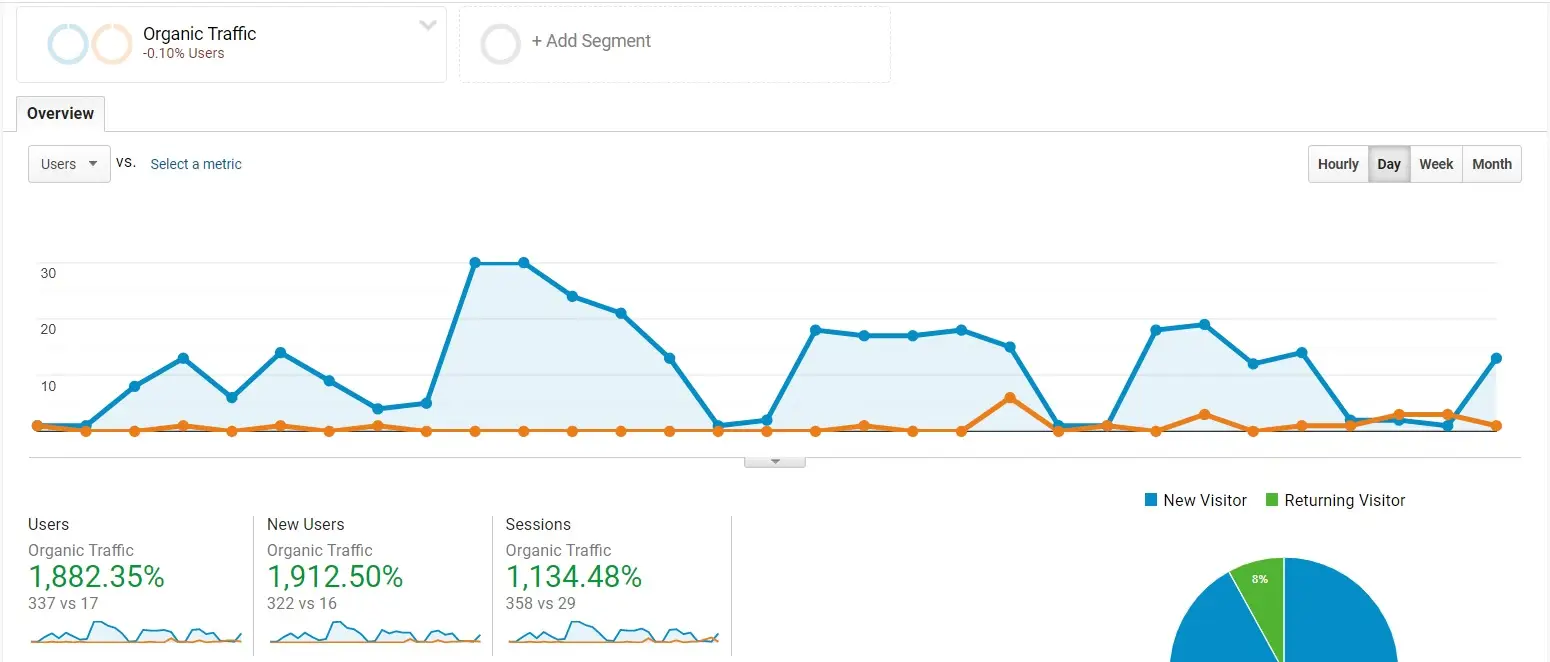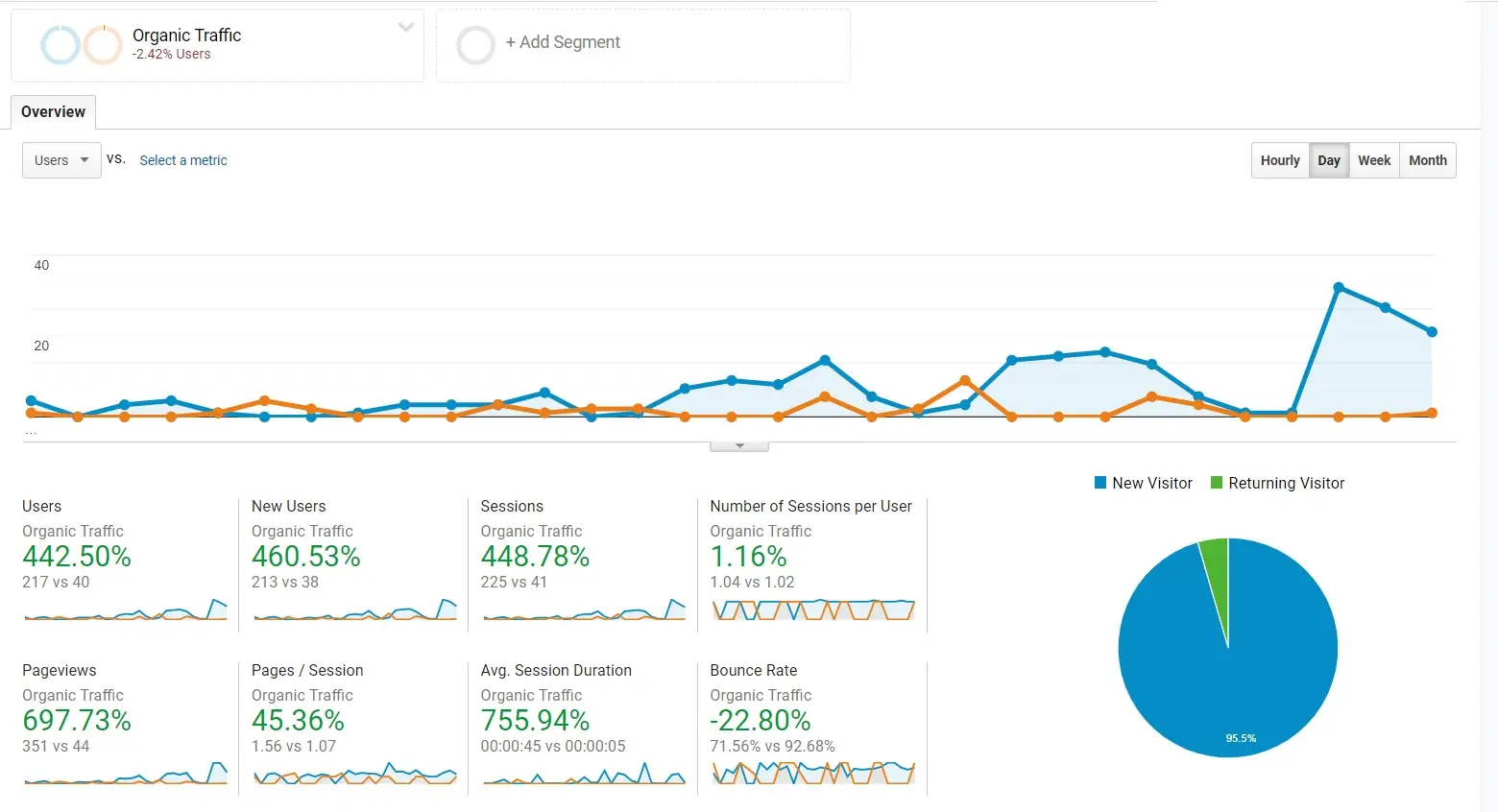Unlocking SEO Potential: South Korea to Global Domination
SEO serves as a pivotal catalyst for businesses seeking to broaden their reach, especially within South Korea’s dynamic market. Our meticulously crafted SEO strategies, effectively attract local as well as global consumers who are actively seeking for businesses like yours.
SEO Web Up will not only reinforce your brand’s authority but also nurture a meaningful connection with the target community. A well-executed SEO strategy has the potential to transform your website into a formidable instrument for driving targeted traffic, enhancing your credibility, and ultimately fostering sustainable growth.
Embrace the opportunity to unlock your business’s full potential by strategically targeting South Korea’s most sought-after locales, where the efficacy of location-based SEO is unmatched.
Industry spotlight: Digital Triumphs and Secrets of Online Success in South Korea
1. Technology and Electronics
In the heart of South Korea, innovation reigns supreme, led by giants like Samsung and LG. This tech powerhouse captivates audiences with thrilling product launches streamed live, turning millions of viewers into virtual front-row fans. South Korean companies excel in online marketing by blending stunning visuals with real-time engagement on social media. Think interactive polls during launches, influencer sneak peeks, and compelling storytelling that showcases not just products, but the lifestyle they inspire. Each new gadget from South Korea is more than a device; it’s a must-have experience that connects tech enthusiasts from all corners of the globe.
2. K-Pop and Entertainment
K-Pop isn’t just a genre; it’s a global movement, and South Korea’s entertainment industry knows how to ride this wave with flair. Artists like BTS and BLACKPINK have mastered online marketing, using platforms like YouTube and TikTok to engage fans with electrifying music videos and dance challenges. Every comeback is a spectacle, complete with countdowns, fan polls, and interactive content that invites fans to participate. This dynamic interaction transforms listeners into devoted fan communities, making each song release from South Korea an exhilarating event that unites fans worldwide in a shared love for music.
3. Beauty and Skincare
When it comes to beauty, South Korea is the gold standard, with brands like Innisfree and Laneige leading the charge. South Korean beauty companies leverage online marketing to create an immersive experience that invites customers into a world of skincare magic. Imagine scrolling through Instagram and discovering vibrant tutorials, skincare challenges, and influencer partnerships that bring products to life. The focus on community shines through as users share their own skincare journeys, making beauty not just a routine, but a shared adventure where everyone can glow together.
4. Gaming
South Korea’s gaming culture is electric, with companies like Nexon and Riot Games at the forefront of this dynamic industry. South Korean online marketing strategies are designed for maximum engagement, leveraging platforms like Twitch and YouTube Gaming to connect with gamers in real time. Picture thrilling live-streamed tournaments where players showcase their skills, along with interactive game launches that build excitement and anticipation. Social media campaigns often feature character reveals and in-game challenges, turning gaming into a collective experience where every player’s journey is celebrated.
5. Fashion
In South Korea, fashion is a vibrant tapestry of tradition and modernity, and brands are harnessing online marketing to showcase their unique styles to a global audience. South Korean platforms like Instagram and TikTok come alive with stunning visuals and fashion influencers who share styling tips and outfit inspirations. Virtual fashion shows and interactive pop-up shops create buzz and excitement, turning every collection launch into a highly anticipated event. It’s not just about clothes; it’s about crafting a lifestyle that resonates with trendsetters everywhere.
6. Food and Beverage
Korean cuisine is a feast for the senses, and the food and beverage industry in South Korea is seizing the opportunity to share its rich flavors with the world. Brands utilize mouthwatering visuals and engaging recipes on social media to entice food lovers, often featuring culinary influencers who recreate traditional dishes with a modern twist. Interactive cooking challenges invite fans to join in the fun, creating a community of food enthusiasts who celebrate the joy of cooking together. Each meal becomes a shared experience, bursting with flavors and stories that connect people to South Korea’s culinary heritage.
7. Education and E-Learning
South Korea’s commitment to education shines through its robust e-learning sector. Companies leverage online marketing to make learning exciting and accessible. Engaging webinars, informative blogs, and interactive content highlight innovative educational tools that empower students. South Korean social media plays a pivotal role, where success stories and testimonials build a sense of community and trust. By transforming education into an interactive journey, these brands invite learners to explore new horizons together.
8. Automotive
The automotive industry in South Korea, led by brands like Hyundai and Kia, is driving forward with innovation and sustainability at its core. South Korean online marketing strategies focus on creating thrilling experiences for potential customers. Imagine engaging video content showcasing sleek new models and eco-friendly technologies. Virtual showrooms allow customers to explore vehicles in detail, while social media campaigns highlight user experiences and testimonials that build a deep connection between the brand and its audience. Every vehicle becomes more than just a car; it’s a lifestyle choice that resonates with conscious consumers.
Online Marketing Mavericks: Inspiring Campaigns from Renowned Companies
1. Samsung
Samsung is synonymous with innovation, and their online marketing strategy reflects this ethos. By utilizing a multi-channel approach, Samsung engages consumers through captivating social media campaigns, influencer partnerships, and interactive online experiences. Their website showcases product features with immersive videos and virtual reality, ensuring that customers feel connected to their cutting-edge technology.
2. Hyundai
Hyundai is revolutionizing the automotive industry with a strong emphasis on digital engagement. Their website offers a seamless car-buying experience, complete with virtual showrooms and personalized recommendations. Social media campaigns feature user-generated content and interactive ads that highlight the brand’s commitment to sustainability and innovation, making every customer feel like part of the Hyundai family.
3. LG Electronics
LG Electronics combines technology with creativity in its online marketing strategy. Through engaging video content and social media campaigns, LG showcases its innovative products in action. Their website includes detailed product comparisons and user testimonials, allowing potential buyers to make informed decisions. Additionally, LG’s partnerships with influencers amplify their reach and connect with tech-savvy consumers.
4. Kakao Corp
Kakao Corp, the company behind popular messaging app KakaoTalk, excels in building community. Their online marketing strategy focuses on creating a vibrant digital ecosystem that includes games, payment services, and social networking. Kakao leverages data analytics to personalize user experiences, while engaging content on social media keeps users informed about new features and promotions.
5. Amorepacific
As a leader in the beauty industry, Amorepacific knows the importance of storytelling in online marketing. Their brands, such as Innisfree and Laneige, create immersive content that highlights product benefits and ingredient sourcing. Social media campaigns often feature influencers and user-generated content, fostering a sense of community and encouraging customers to share their beauty journeys.
6. Naver
Naver, South Korea’s leading search engine, has transformed online marketing through its unique platform. Naver’s ad services allow businesses to target specific demographics effectively, while their blog and content platforms enable brands to share valuable insights. The company also uses interactive features like live shopping and Q&A sessions to engage users in real-time, making the shopping experience more dynamic.
7. SK Telecom
SK Telecom is a pioneer in telecommunications, and their online marketing strategy focuses on customer engagement and education. Their website offers a wealth of resources about new technologies and services, while social media campaigns highlight innovations like 5G and IoT. SK Telecom also engages customers through interactive content, including quizzes and live streams, making technology accessible and fun.
8. Coupang
Coupang, often dubbed the “Amazon of South Korea,” revolutionizes e-commerce with a customer-centric approach. Their online marketing strategy includes targeted ads, engaging email campaigns, and a user-friendly mobile app. Coupang’s “Rocket Delivery” service is heavily promoted through social media, showcasing the speed and convenience of their offerings, making online shopping a breeze.
9. BTS (Big Hit Entertainment)
Big Hit Entertainment, the powerhouse behind the global phenomenon BTS, leverages online marketing in groundbreaking ways. They engage fans through interactive content, live streams, and social media platforms like Weverse. By fostering a strong community and encouraging fan-generated content, Big Hit creates a loyal fanbase that drives merchandise sales and concert tickets.
10. GS25
GS25, a leading convenience store chain, utilizes online marketing to enhance customer engagement. Their mobile app offers exclusive promotions, loyalty rewards, and real-time updates on new products. Social media campaigns often feature interactive contests and user-generated content, creating a lively community around the brand while promoting their latest offerings.
11. NCSOFT
NCSOFT, a leader in the gaming industry, has a robust online marketing strategy that engages gamers worldwide. They leverage social media to promote new game releases, host live streams, and interact with their community. Their content often includes trailers, gameplay videos, and behind-the-scenes looks, keeping fans excited and involved in the gaming experience.
12. Hyundai Heavy Industries
Hyundai Heavy Industries is a global leader in shipbuilding and engineering, and their online marketing strategies reflect their innovative spirit. Their website features detailed information about their projects and capabilities, while social media campaigns showcase technological advancements and corporate social responsibility initiatives. Engaging content helps build trust and transparency with stakeholders.
13. CJ CheilJedang
CJ CheilJedang is a major player in the food industry, known for its innovative products. Their online marketing strategy emphasizes storytelling through engaging content about food culture and cooking. Social media campaigns feature recipes, cooking tips, and collaborations with chefs, creating a vibrant community of food enthusiasts eager to explore new flavors.
14. Hanwha Group
Hanwha Group, a diversified conglomerate, focuses on sustainability and innovation in its online marketing efforts. Their website highlights corporate social responsibility initiatives, while engaging social media content showcases their contributions to renewable energy and technological advancements. This transparency builds trust and aligns with the values of eco-conscious consumers.
15. SSG.com (Shinsegae)
SSG.com, the online shopping platform of Shinsegae, blends traditional retail with modern e-commerce strategies. Their online marketing includes targeted promotions, engaging newsletters, and social media campaigns that highlight exclusive online deals. By creating a seamless shopping experience, SSG.com attracts a diverse customer base looking for quality products and convenience.
The SEO Map of South Korea: Key Locations for Marketing Success
Seoul
Welcome to Seoul, the vibrant capital where tradition meets innovation! As one of the world’s leading business hubs, Seoul is a magnet for multinational corporations and dynamic startups alike. The city pulses with energy, especially in districts like Gangnam, where cutting-edge tech firms thrive. With its top-notch infrastructure and a reputation for fostering creativity in industries like fintech and gaming, Seoul is the place to be. Plus, after a long day, you can unwind in one of the city’s many bustling markets or enjoy a night out in a lively district—there’s never a dull moment here!Busan
Picture this: stunning beaches, fresh seafood, and a thriving port city that’s also a business powerhouse. Welcome to Busan! South Korea’s second-largest city is not just a picturesque coastal destination; it’s a hub for shipping, logistics, and manufacturing. The annual Busan International Film Festival showcases the city’s cultural flair while boosting its reputation on the global stage. With its unique blend of business and leisure, you can build your career while enjoying the breathtaking ocean views and vibrant local culture.Incheon
Incheon is the gateway to South Korea, home to the world-renowned Incheon International Airport. As a free economic zone, it’s a hotbed for foreign investment, particularly in logistics, biotech, and tech industries. The city’s commitment to innovation and sustainability is evident in its ongoing development projects. Imagine working in a city that seamlessly blends modern infrastructure with cultural attractions—Incheon offers just that, making it an exciting place for business and personal growth.Daegu
Daegu may be known for its rich textile and fashion history, but it’s also pivoting toward the future with advanced materials and technology. The city embraces innovation, fostering a supportive environment for startups and manufacturers alike. Daegu’s vibrant cultural scene, with its festivals and historical landmarks, adds to its charm, making it not just a place to work, but a place to live well. It’s where creativity meets industry in a city that values both tradition and progress.Daejeon
Daejeon is often dubbed the “Silicon Valley” of South Korea, and for good reason! With numerous research institutes and universities, this city is a powerhouse for technological advancement and innovation. The collaboration between academia and industry creates a dynamic ecosystem ripe for startups. Daejeon’s central location also makes it a convenient hub for business travel, adding to its allure. Here, you’ll find a vibrant mix of ideas, energy, and a community that thrives on collaboration.Gwangju
Gwangju is a city that champions creativity, culture, and technology. Known for its artistic heritage and vibrant arts scene, Gwangju is making strides in digital media and design. The city is committed to sustainability, fostering a community of socially responsible businesses. Imagine living in a place where your work aligns with your values, all while being surrounded by stunning art and culture—Gwangju offers that unique experience, making it a great spot for entrepreneurs and creatives.Suwon
Just a stone’s throw from Seoul, Suwon is home to Samsung’s headquarters and a thriving electronics industry. The city’s strategic location provides easy access to the capital, making it an attractive choice for businesses. With a blend of historical sites like the UNESCO-listed Hwaseong Fortress and modern industry, Suwon offers a unique lifestyle that balances work and leisure. It’s a city on the rise, ready to welcome innovative thinkers and ambitious professionals.Ulsan
Ulsan is South Korea’s industrial giant, known for its shipbuilding and automotive sectors. As the location of the world’s largest automobile assembly plant, Ulsan is a key player in manufacturing. But it doesn’t stop there; the city is investing heavily in green technologies, making it a forward-thinking destination for businesses. With modern infrastructure and a commitment to innovation, Ulsan is where industry meets sustainability, creating a bright future for professionals.Jeonju
Jeonju is a city that tantalizes the senses with its culinary delights, especially its famous bibimbap. While known for its rich cultural heritage, Jeonju is also nurturing a tech sector and promoting entrepreneurship. The city’s focus on blending traditional culture with modern innovation creates an inviting atmosphere for businesses. Imagine building your career in a city that celebrates its roots while embracing the future—Jeonju is the perfect backdrop for those seeking balance in life and work.Pyeongtaek
Pyeongtaek is quickly emerging as a logistical hub, thanks to its new port and significant infrastructure investments. This city is ideal for businesses looking to establish efficient distribution channels in Asia. With its strategic location and ongoing development projects, Pyeongtaek is positioning itself for rapid growth. As you explore this city, you’ll find a community ready to welcome ambitious professionals and innovative companies.



